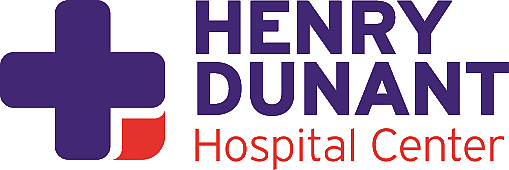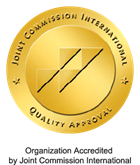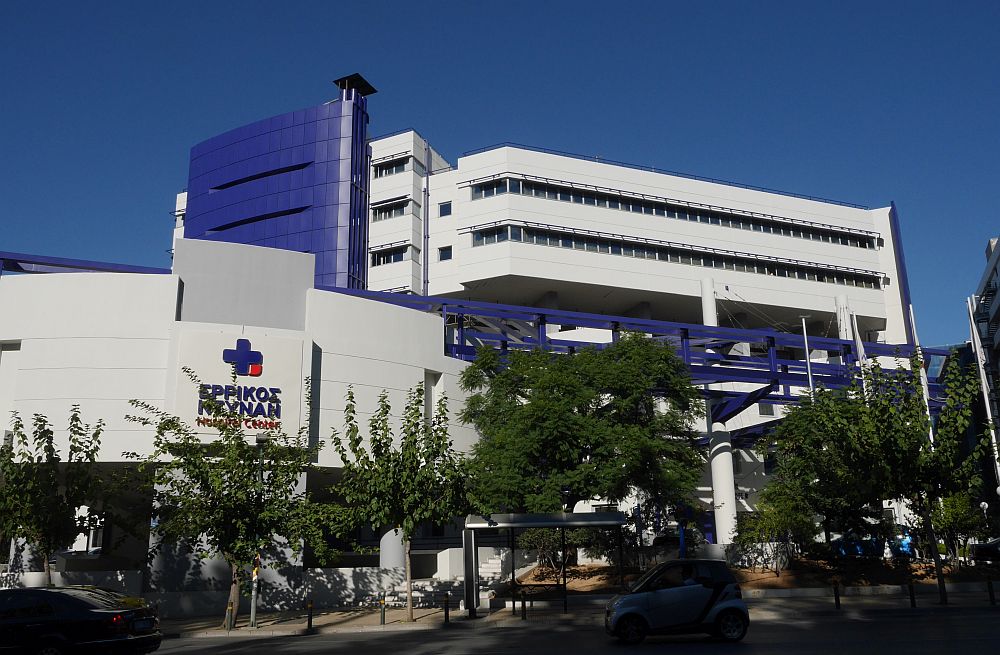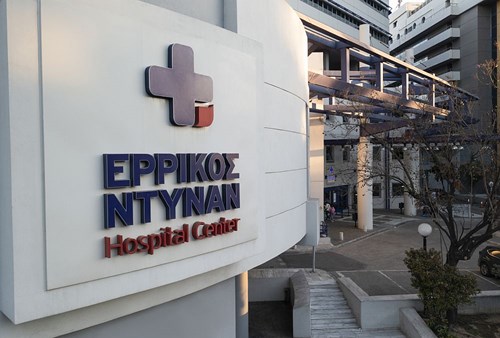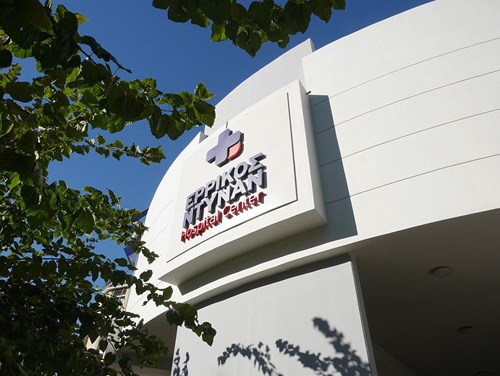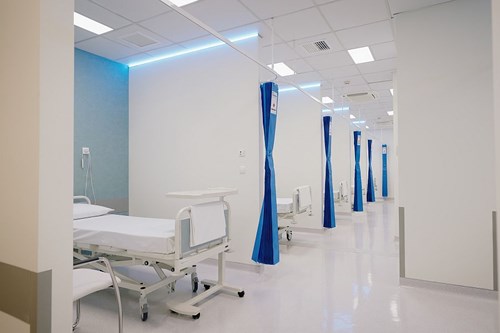By Roberto Greco
CEO of IMITHEA Single Member SA (Henry Dunant Hospital Center)
* This article was published on protothema.gr on Wednesday 6 November 2024 https://www.protothema.gr/ugeia/article/1559039/errikos-dunan-olokliromeni-frodida-gia-tous-ogologikous-astheneis/
Every study of the last three years has linked the increasing trends in cancer cases to the Covid-19 pandemic, during which cancer prevention, screening, diagnosis and treatment decreased. There is also a worrying increase in the incidence of cancer in people under the age of 50 (early-onset cancer). According to the European Groundshot report of the Lancet Oncology Commission, in the first year of the pandemic alone, clinicians saw 1.5 million fewer patients with cancer, with one in two cancer patients failing to receive surgery or chemotherapy in a timely manner. Additionally, at least 100 million cancer screening tests were missed in Europe. These circumstances essentially call for a new model for treating the disease in all its stages, and the synergies of several specialties.
On this basis, through its new strategic plan that is based on innovative procedures, the necessary infrastructure and cutting-edge technology, Henry Dunant is essentially creating a model oncology center, following all modern international standards and ensuring a holistic treatment of the oncology patient. This planning opens an important new chapter in the hospital’s development, aiming at an integrated cancer care, which results in a personalized and more effective therapeutic approach to patients. Moreover, with the integration of Euromedica’s clinics and the creation of one of the largest private healthcare groups in Greece, through a new network of partnerships, Henry Dunant will be able to contribute to the integrated care of oncology patients in the largest part of the country.
Starting with investing in prevention, Henry Dunant is developing a new vertically integrated process model that goes from the early diagnosis and staging of the disease to specialized treatment, with synergies of all the specialties involved in the treatment of the cancer patient. The new plan is based on the continuous technological upgrading of the hospital with state-of-the-art equipment, the modernization of its infrastructure based on international operating standards followed by the most specialized oncology centers abroad, as well as the monitoring and application of every innovative scientific method related to the disease.
To this end, the four Oncology Clinics of Henry Dunant, staffed by distinguished physicians and a team of specialized nurses, create a new core which is linked to the laboratory, diagnostic and surgical sectors, under the ongoing supervision of the Oncology Council, engaging all medical specialties involved and ensuring the personalized treatment of each patient through collective decision-making. At Henry Dunant, each diagnosed case is reviewed by the Oncology Council in terms of assessment, appropriate therapeutic intervention and progression.
The new model’s emphasis on cutting-edge technological equipment has recently had its own milestones, both in the surgical and in the diagnostic and therapeutic fields, such as:
-The 4th generation Da Vinci Xi system, designed to perform surgical procedures with millimeter precision and with extremely detailed identification of anatomical structures.
-The first and only PET/CT imaging system in the private hospital sector that combines two methods, PET (positron emission tomography) and CT (computed tomography) into a single machine, simultaneously offering anatomical and metabolic information, depicting the entire body with maximum accuracy. PET/CT is used in most cases for imaging of oncological patients, with the use of an appropriate radiopharmaceutical. It plays a decisive role in early diagnosis, initial staging, selection of the appropriate site for biopsy and planning of radiotherapy, in the early assessment of response to treatment, being a valuable prognostic biomarker, in re-staging post treatment, as well as in the detection of possible recurrence.
-The state-of-the-art SPECT/CT, which also operates in the new Theranostics Nuclear Medicine Center. This is a development of the gamma camera for the performance of scintigraphy, a necessary equipment for the evaluation of new nuclear medicine treatments, as, in addition to diagnosis, it also allows monitoring of the effectiveness of treatment.
NEW RADIOTHERAPY DEPARTMENT. In the field of technological equipment, a key role for the holistic treatment of oncological cases is played by the new radiotherapy department that is being created at the Henry Dunant, which will soon be equipped with a state-of-the-art linear accelerator, ensuring the three-dimensional irradiation of tumors in every area of the body and the simultaneous protection of healthy tissues.. It should be noted that at Henry Dunant there are two state-of-the-art radioactive iodine chambers (for thyroid cancer), while advanced radiopharmaceutical treatments are also being applied for neuroendocrine tumors and prostate cancer detected by specialized studies with an additional gallium generator via PET/CT. At the same time, the Breast Center relies on a state-of-the-art digital mammograph, certified by EUREF (European Reference Organization), which is equipped with a stereotactic biopsy system. In addition, a molecular biology lab is being launched in the Central Pathology Laboratory for mutation testing.
In line with modern international standards, a stand-alone day-care area for chemotherapy has been created at Henry Dunant, while the operating theatres have been modernized, following the highest quality and safety standards. In the comprehensive treatment and integrated care of each oncological case contribute the Pain Management Center that operates in the hospital, as well as the Psychological Support Office, the specialized and experienced psychologists of which offer psycho-emotional support, counselling and short-term psychotherapeutic interventions to cancer patients and their families.

